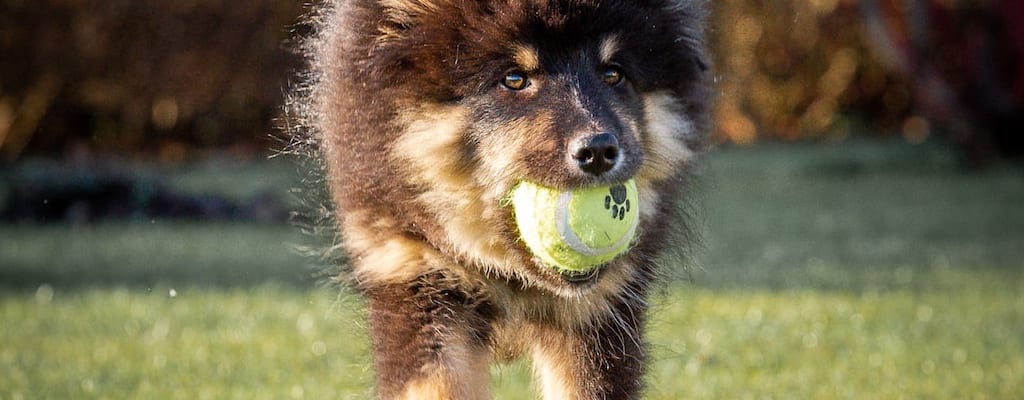spread one’s wings: Idiom Meaning and Origin
What does ‘spread one's wings’ mean?
The idiom *spread one's wings* means to gain independence or freedom from restrictions, often by exploring new opportunities or trying new experiences.

Idiom Explorer
The idiom "walk on the wild side" means to engage in risky or unconventional behavior, often associated with breaking societal norms or boundaries.
The idiom *the feathers fly* means a situation where there is a lot of noise, conflict, or commotion, usually resulting in a heated argument or fight.
The idiom "take the plunge" means to take a significant and often risky step or action, especially when committing to something new or unknown.
The idiom "take one's leave" means to say goodbye or depart from a place or a person.
The idiom "take one's chance" means to seize or accept an opportunity or risk without knowing the outcome. It implies a willingness to try despite the uncertainty or potential for failure.
The idiom "take liberties" means to act in a way that is not appropriate or allowed, often by exceeding boundaries or disregarding rules or norms.
"Take flight" is an idiom that means to leave or escape from a situation or place rapidly, usually out of fear, danger, or a desire to avoid something unpleasant.
The idiom "take a risk" means to undertake an action or make a decision that involves uncertainty or potential danger, often in pursuit of a desired outcome. It implies a willingness to face potential negative consequences and to step outside of one's comfort zone.
The idiom "take a gamble" means to take a risk or chance on something without being certain of the outcome.
The idiom "take a flyer" means to take a risk or gamble without considering the potential consequences or likelihood of success.
FAIL
The idiom "spread one's wings" is a common expression used to convey the idea of someone exploring new opportunities or gaining independence. It signifies liberation, freedom, and personal growth. This idiom is often used metaphorically, comparing the act of a bird spreading its wings before taking flight to a person venturing out into new experiences or pursuing their goals. It is typically associated with breaking free from constraints or limitations and embracing new challenges or opportunities. The phrase can also imply a desire for self-expression, exploration, or seeking independence.
One possible origin of this idiom is linked to the behavior of birds. When a bird spreads its wings, it prepares to take flight and soars through the sky. This action symbolizes the freedom that comes with being able to explore new surroundings. The image of a bird spreading its wings has long been used as a metaphor for personal growth, discovery, and the pursuit of dreams.
Another possible origin of this idiom can be traced back to the early 1900s, during the era of aviation. As humans began to take flight in airplanes, the act of spreading one's wings became synonymous with the thrill and excitement of conquering the skies. This association further reinforced the idiom's meaning of freedom, adventure, and embracing new possibilities.
The idiom "spread out" is related to "spread one's wings" as it also conveys the idea of expanding or extending oneself. Just as spreading one's wings suggests breaking free from constraints, spreading out suggests expanding beyond one's current limits or boundaries. When someone spreads out, they are creating more space or opportunities for themselves. This can be seen as a natural progression from spreading one's wings, as it involves further exploration and growth.
The idiom "singe one's wings" is related to "spread one's wings" in that it highlights the potential risks and consequences of venturing into new experiences or pursuing one's goals. Singeing one's wings can be seen as a cautionary reminder to proceed with caution and be mindful of the potential dangers. Just as a bird may singe its wings if it flies too close to a fire, an individual may face setbacks or negative outcomes if they are not careful. This idiom serves as a reminder to balance ambition with caution and to be prepared for potential challenges along the way.
The idiom "spread one's wings" conveys the desire for personal growth, independence, and exploration. It is often used metaphorically to describe someone venturing out into new experiences or pursuing their goals. The origins of this idiom can be traced back to the behavior of birds and the era of aviation. It has become deeply ingrained in the English language and continues to be used today to express the idea of embracing new opportunities. The related idioms "spread out" and "singe one's wings" further emphasize the concepts of expansion and potential risks associated with spreading one's wings. Together, these idioms capture the essence of personal growth, discovery, and the pursuit of one's dreams.
Example usage
Examples of how the idiom spread one's wings can be used in a sentence are:
- After graduating from college, Sarah decided to spread her wings and move to a different country to pursue her dream job.
- It's important for teenagers to have the opportunity to spread their wings and gain independence before entering adulthood.
- Tom was always shy and reserved, but when he joined the theater club, he finally felt comfortable enough to spread his wings and explore his passion for acting.
More "Expression" idioms



